9 ways dealerships can protect themselves from thieves
9 Actions dealers can take to protect themselves from a theft ring posing as a legitimate car hauler
We’ve all heard of the customer who takes a test drive around the block and never returns. Many measures have been implemented over the years to prevent these cars from being stolen. Recently, as many of you have read in some of the automotive publications there is a new kind of car theft ring. The thieves steal legitimate carriers paperwork and DOT information and then show up to pick up your dealer trade or your customers car. This theft ring has used information available through the web to commit their crimes. Fraud and crime are never 100% avoidsable but there are measures dealerships can take to prevent them from becoming a victim. Implementing just a few of the items below (especially No. 9) can help.
- Ask for identification. There is nothing wrong with asking for Drivers license, DOT medical card and/or truck registration. These are the same items they are asked to provide to any officer or DOT officer during routine stops and inspections. Make a copy of everything.
- Minimize the amount of people within the dealership who are allowed to arrange transport. Including well meaning sales people referring transport companies to their clients. This way when a carrier is at the front desk asking for a car it’s easy to locate the individual who arranged the transport.
- Don’t forget the truck! If the driver says he is with “XYZ Transport” make sure it says that on the truck.
- Does the bill of lading have the carrier’s information? Never release without a bill of lading or inspection report.
- Shop carefully! Do not give more information than necessary for a quote. Call reputable companies only and check them out on BBB and Google. If they don’t have an A- rating or better and they have multiple bad reviews don’t touch them!
- Provide your regular transport company with the buyers order. The driver can provide this at the time of pick-up for verification.
- Ask your regular transport company to create release forms for your transports. These can be given to their drivers for verification at pick-up.
- Ask your regular transport company how they check out the carriers before they dispatch your cars. If the transport company says “we only send our own trucks” that means they are a carrier, be smart and know the law, if they are “XYZ Transport” then the truck picking up must say “XYZ Transport!” If they are a broker ask these questions:
- Do they check the Federal Motor Carrier website to make sure the carrier is properly licensed to do the job and that license is active?
- Do they keep up to date insurance certificates on all carriers in their network? Any carrier can provide you with a copy of their insurance but there is no way to determine whether it’s actually in effect unless you call and keep certificates.
- Do they use experienced drivers who have had a license for a minimum period of time?
- Do they use recent references before any deal is dispatched? Carriers frequently change names to hide from bad business practices. It’s important to use fresh references and check their length of business before any cars are released to them.
- Do they require the carriers to give a bill of lading at pick- up and delivery and is that bill of lading required for payment.
- Use a reputable Carrier/Broker like High End Transport Inc. A broker/carrier understands the regulations for both sides and can better detect fraud. After the recent news reports some of our customers have incorporated the above items into their day to day practices.




